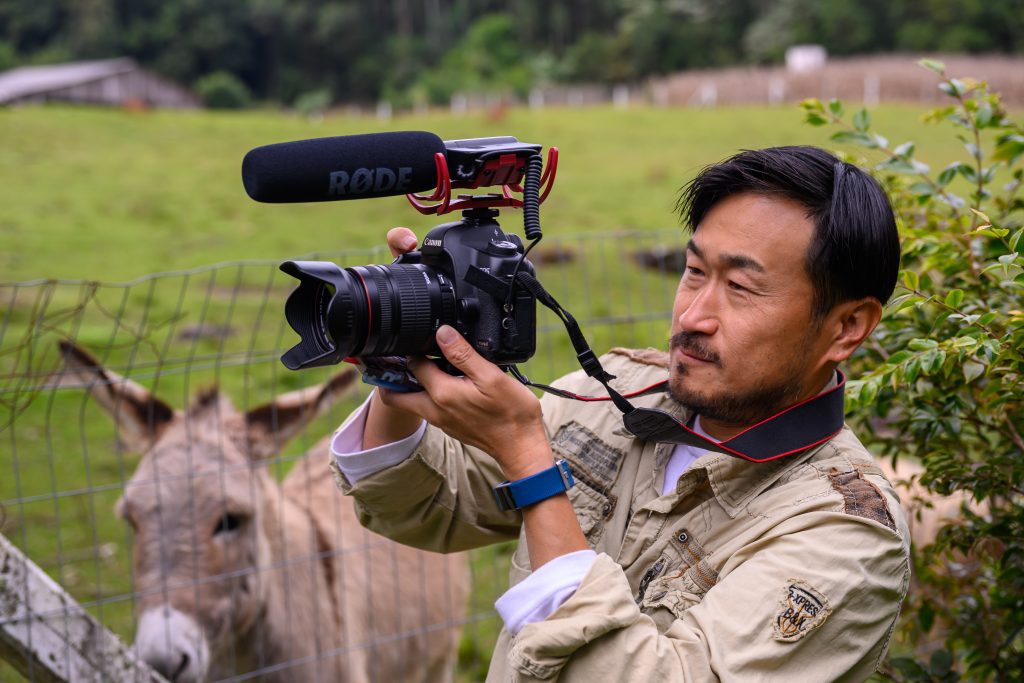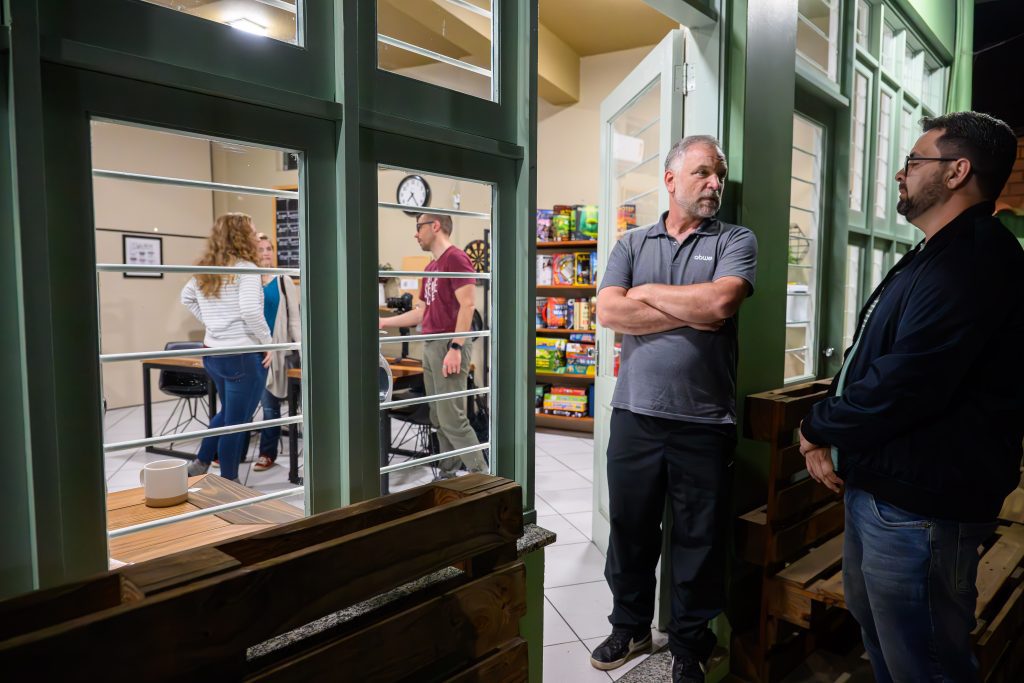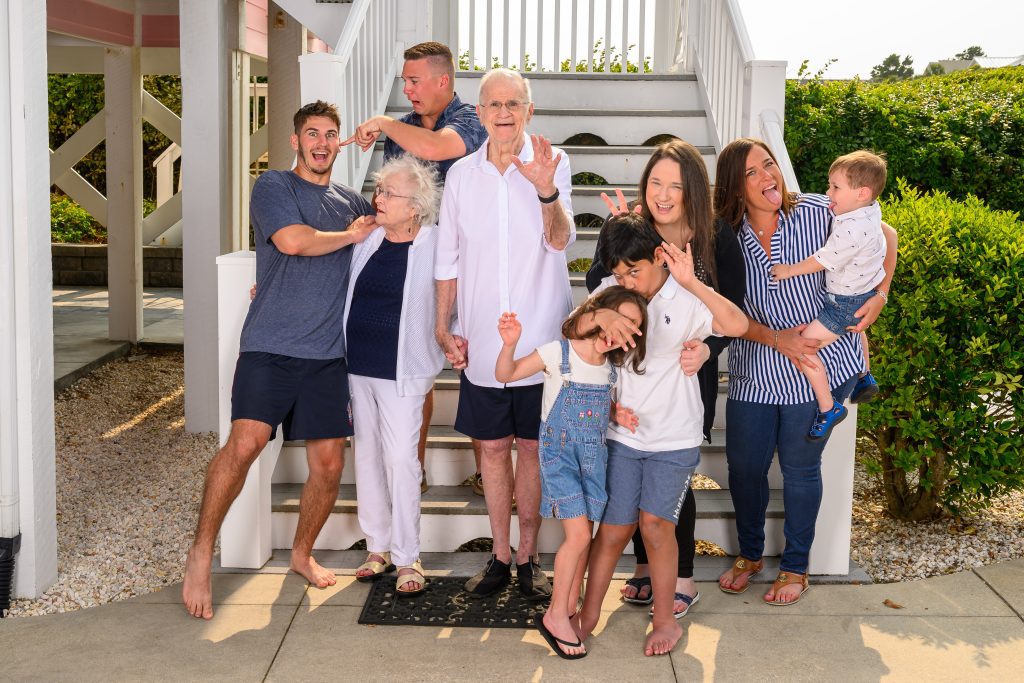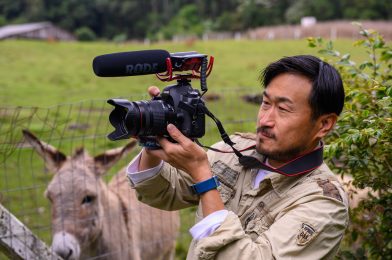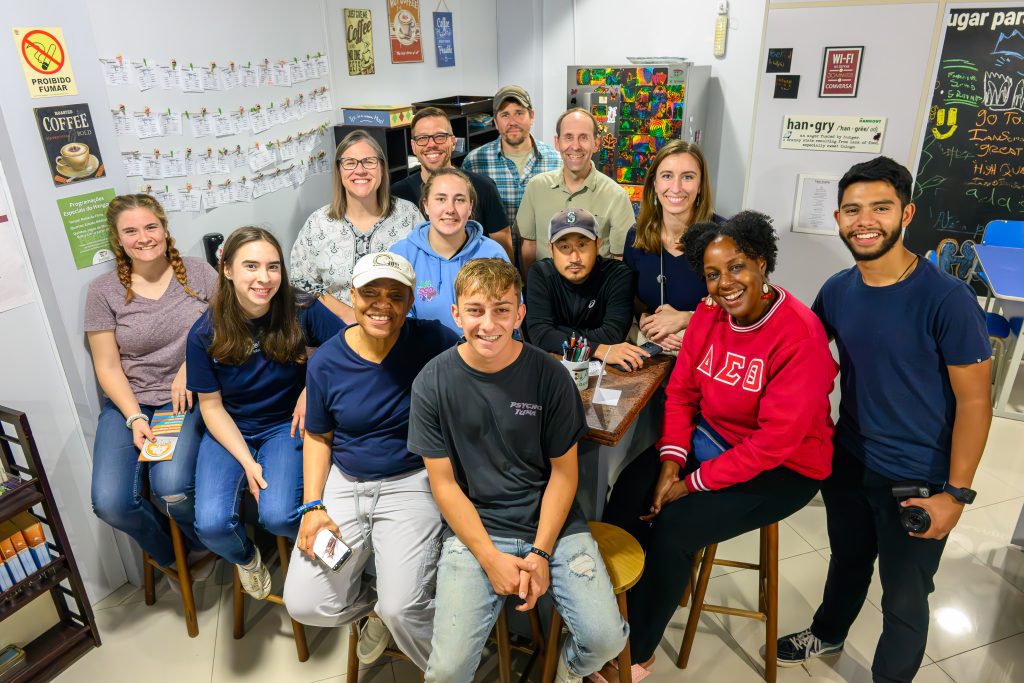Entrepreneurship is a challenging path that requires unwavering determination, resilience, and steadfast commitment. Amid the business world’s uncertainties, entrepreneurs who anchor their ventures in a deep Christian faith find unique strength and guidance. In this blog post, we will explore how the teachings of Christ empower entrepreneurs, emphasizing servant leadership, selflessness, skill-sharing, and obedience to Christ’s instructions.
- Finding Peace through Prayer and Trust:
A prayer is a powerful tool for entrepreneurs, not as a guarantee of immediate results but as a means to find inner peace and guidance. By lifting their worries, fears, and uncertainties to a higher power, entrepreneurs can focus on what they can control and trust that God will guide their steps. Philippians 4:6-7 reminds us, “Do not be anxious about anything, but in everything by prayer and supplication with thanksgiving let your requests be made known to God. And the peace of God, which surpasses all understanding, will guard your hearts and minds in Christ Jesus.”
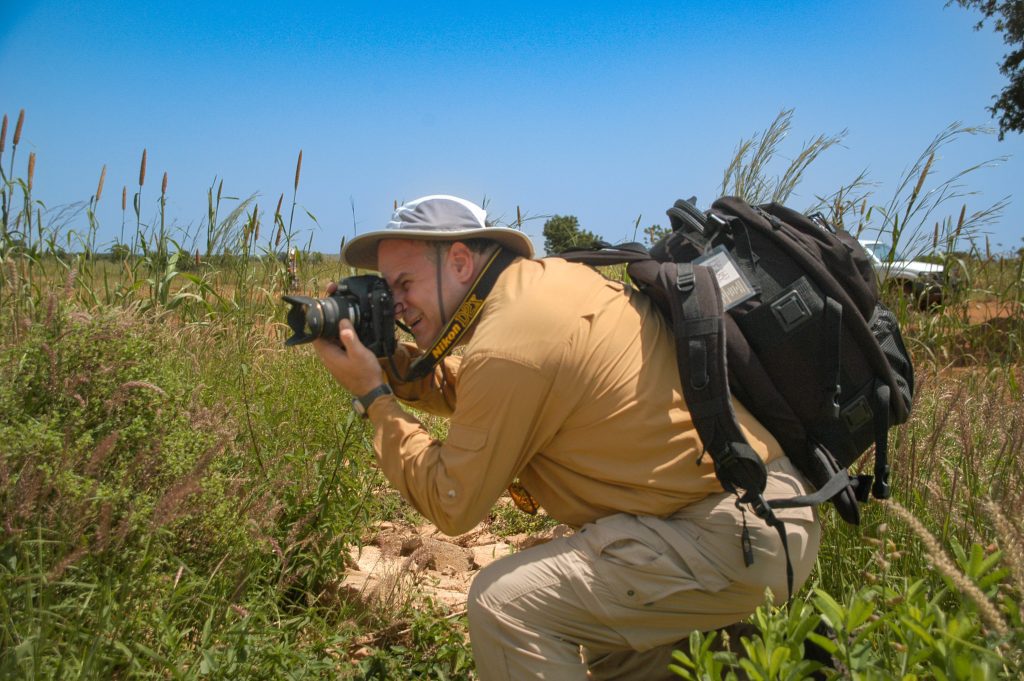
- Embracing Servant Leadership:
The core of the Christian faith lies in the teachings of Jesus Christ, who exemplified servant leadership. Entrepreneurs can draw strength from this example by adopting a mindset focused on serving others rather than solely pursuing personal gain. Jesus said in Mark 10:45, “For even the Son of Man came not to be served but to serve, and to give his life as a ransom for many.” By placing the needs of employees, customers, and the community at the forefront, entrepreneurs can build meaningful relationships and contribute positively to society.
- Cultivating Selflessness and Generosity:
Christian entrepreneurs are called to be selfless in their endeavors. Instead of solely focusing on taking, they are encouraged to consider how they can give back to their communities and positively impact them. This can manifest in various ways, such as creating job opportunities, supporting local initiatives, or using their skills and resources to address social issues. Proverbs 11:25 states, “Whoever brings blessing will be enriched, and one who waters will himself be watered.” By actively seeking opportunities to give, entrepreneurs contribute to the greater good and find fulfillment and purpose beyond financial success.
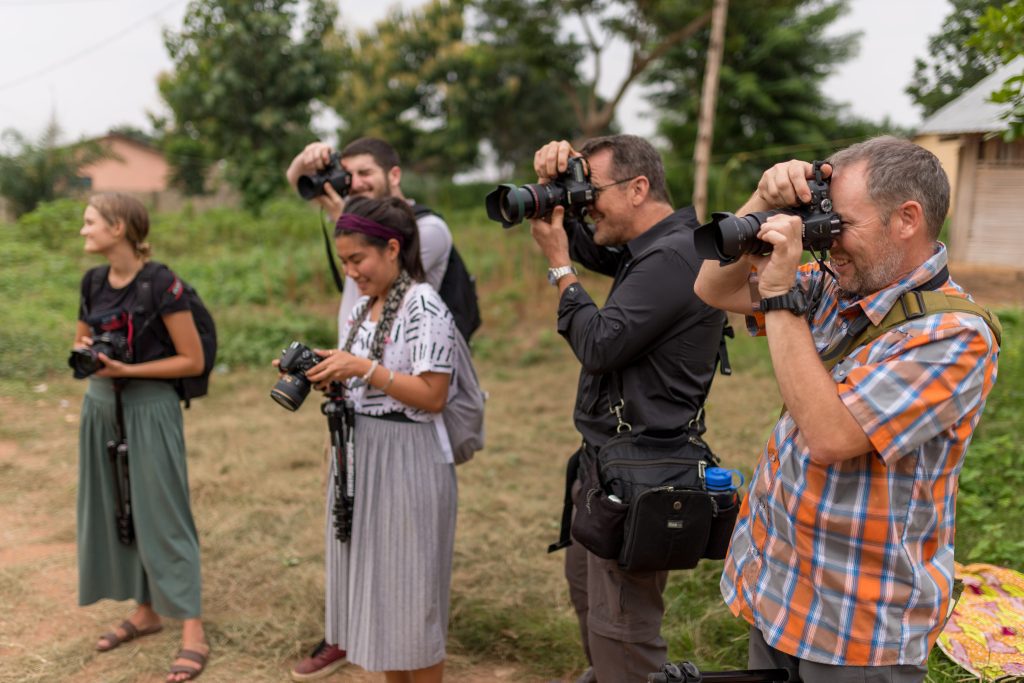
- Skill-sharing, Collaboration, and Obedience:
In addition to serving others, the Christian faith encourages entrepreneurs to share their skills and knowledge with others. Instead of hoarding expertise or ideas, they are called to foster a collaborative mindset, recognizing that proper growth and innovation often arise through collective effort. Philippians 2:3-4 teaches, “Do nothing from selfish ambition or conceit, but in humility count others more significant than yourselves. Let each of you look not only to his interests but also to the interests of others.” By actively participating in open dialogue, mentoring, and skill-sharing, Christian entrepreneurs create a culture that values the development of others, fostering an environment conducive to growth and innovation.
Conclusion:
Christian faith provides entrepreneurs with profound strength and guidance amidst the challenges of entrepreneurship. By embracing the teachings of Christ and prioritizing values such as servant leadership, selflessness, skill-sharing, and obedience to His instructions, entrepreneurs can find peace, fulfillment, and a sense of purpose in their journey. Through prayer and trust, they discover tranquility beyond immediate outcomes, entrusting their paths to God. By obediently following the example of Christ and His teachings, entrepreneurs experience personal growth and create a positive impact on their businesses, communities, and the world at large.






